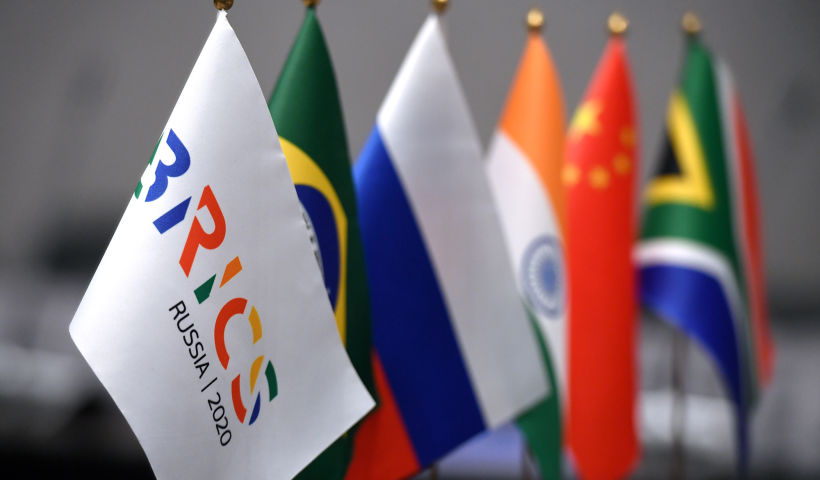Leaders of Russia and the People's Republic of China Discuss the BRICS Energy Research Cooperation Platform Created with the Participation of HSE University

At the twelfth BRICS summit held on November 17, Russian President Vladimir Putin and President of the People's Republic of China Xi Jinping spoke via videoconference about the importance of the BRICS Energy Research Cooperation Platform. Researchers from HSE Institute for Statistical Studies and Economics of Knowledge and the Institute for Economics and Regulation of Natural Monopolies are involved in the work of the Platform.
The BRICS Energy Research Cooperation Platform was established to conduct joint projects, exchange opinions and information, and prepare analytical and scientific reports. HSE University has a good track record in the fields of Platform's research priorities and contributes to its development.
The work on creating the Platform went on for several years—at diplomatic platforms and alongside various international events and conferences. For three years, HSE University representatives have taken part in the BRICS Academic Forum, talked about the platform, and discussed the shape it might take.
At the first meeting of the platform in 2019 in Moscow, Ozcan Saritas, Head of the Laboratory for Science and Technology Research at the National Research University Higher School of Economics, spoke about the National Foresight of Science, Technology and Innovation of South Africa, which HSE University created for the National Advisory Council on Innovation of South Africa in 2018.
‘Intensive contacts have been established between our academic and research centres. Thematic scope is impressive, from ocean and polar research to astronomy and artificial intelligence,’ said Vladimir Putin.
The project, launched on the Russian initiative, was also commended by President Xi Jinping of the People's Republic of China, who pointed out that joint work within the Energy Platform can contribute to energy stability and security.
The Russian Ministry of Energy expects the Energy Cooperation Platform studies to help identify common scientific and technical priorities of BRICS countries in the energy sector. In addition, this platform will help establish and strengthen contacts between research organizations and private companies. National secretariats will be set up to provide administrative support, and interaction between organizations within the platform will be structured into 11 areas, including digitalization, renewable energy, smart grids, and energy efficiency.
